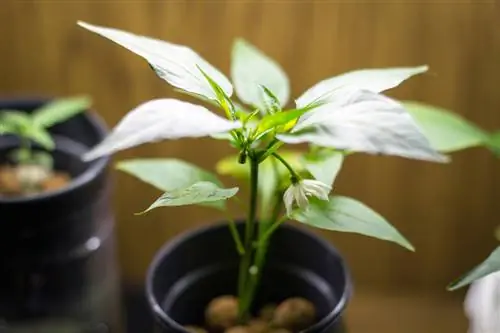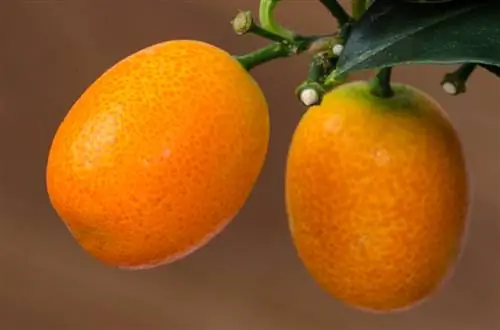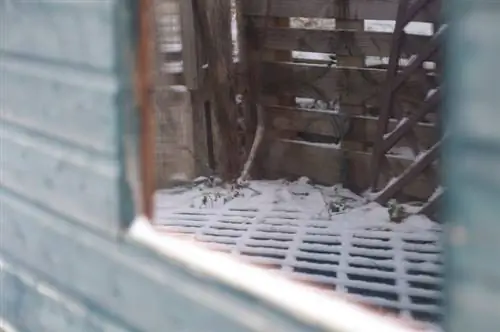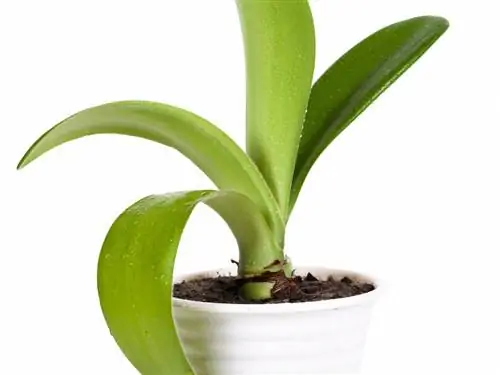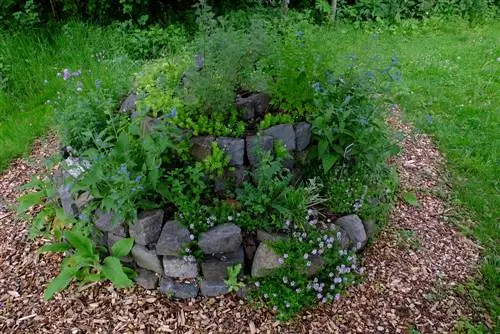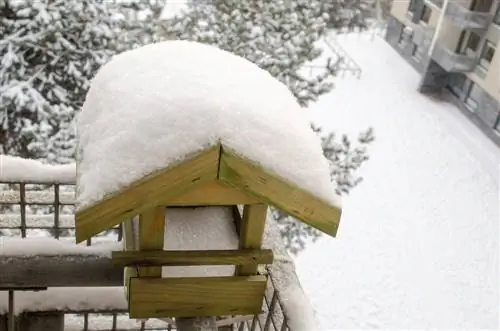- Author admin leonars@hobbygardeners.com.
- Public 2023-12-16 16:46.
- Last modified 2025-01-23 11:21.
Peperoni plants love bright, warm locations and are therefore best placed in a sunny spot in the garden. However, if the temperatures drop in winter, you have to bring your plant indoors. Read here how you can create optimal conditions for overwintering a pepperoni.
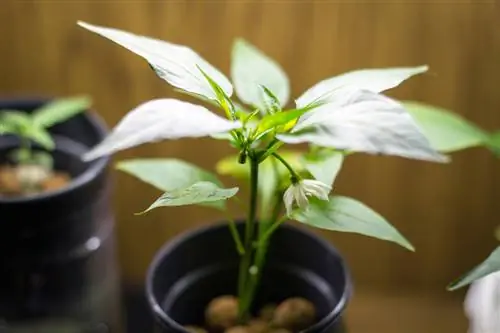
How can you properly overwinter pepperoni?
To overwinter hot peppers successfully, bring them indoors at temperatures below 5°C, check the variety for annual or perennial, choose a bright location and reduce watering. In spring, cut back side branches and put them back outdoors after the last frost.
Get the pepperoni warm
If the temperatures fall below 5°C, your pepperoni will be damaged if you do not move them to a warm place. You should note the following points:
- the hot pepper variety is annual
- or perennial
- is it a container plant
- or does it thrive in beds
- Checking for pest infestation
Annual and perennial hot peppers
An annual plant will not bear fruit next year. To get a harvest, you need to grow a new plant in January. But you can definitely use the seeds of the old hot peppers for this. For perennial specimens, overwintering is definitely worth it.
Type of husbandry
Container plants have the clear advantage of mobility when it comes to overwintering. Place the pot in a bright place, for example on the windowsill. You must carefully dig up planted peppers and place them in a pot. Temperatures of approx. 10°C are suitable for storage. The watering is only sparse.
Checking for pest infestation
Before you bring your pepperoni into the house, you should carefully check them for pests or disease. You should place damaged plants separately to prevent the pest from spreading. With appropriate means you can fight the disease. These should definitely be approved for indoor use.
Preparing the pepperoni for spring
As spring approaches, increase the plant's growth by cutting back the side branches to 3 cm in February. Fresh soil also makes a big contribution. In May, when ground frost is no longer expected, your pepperoni can go outside again.

